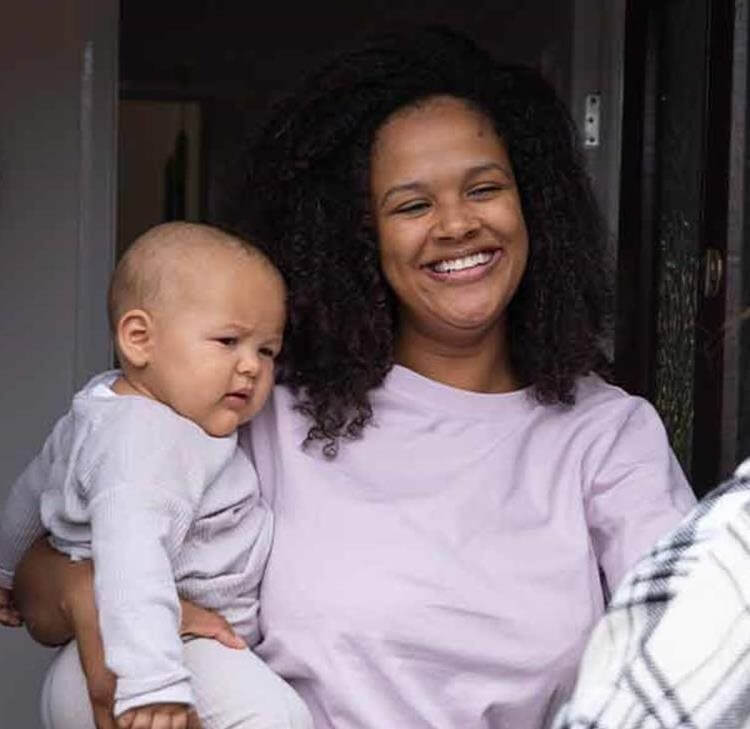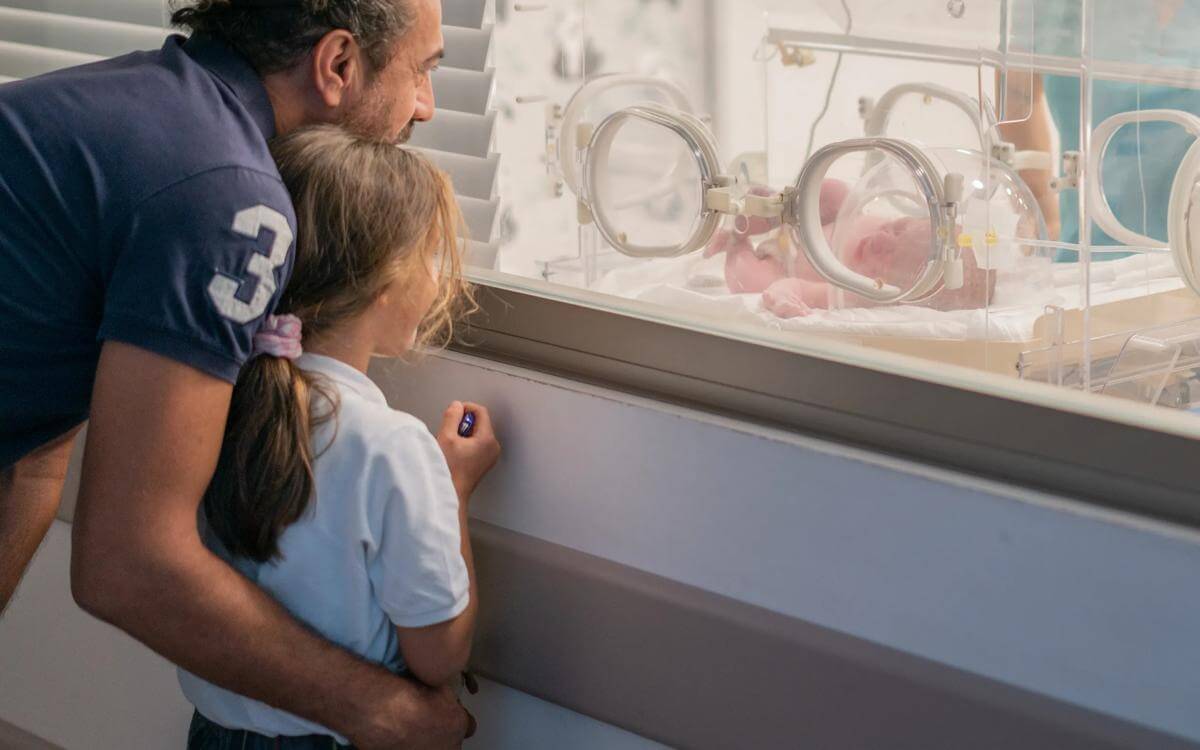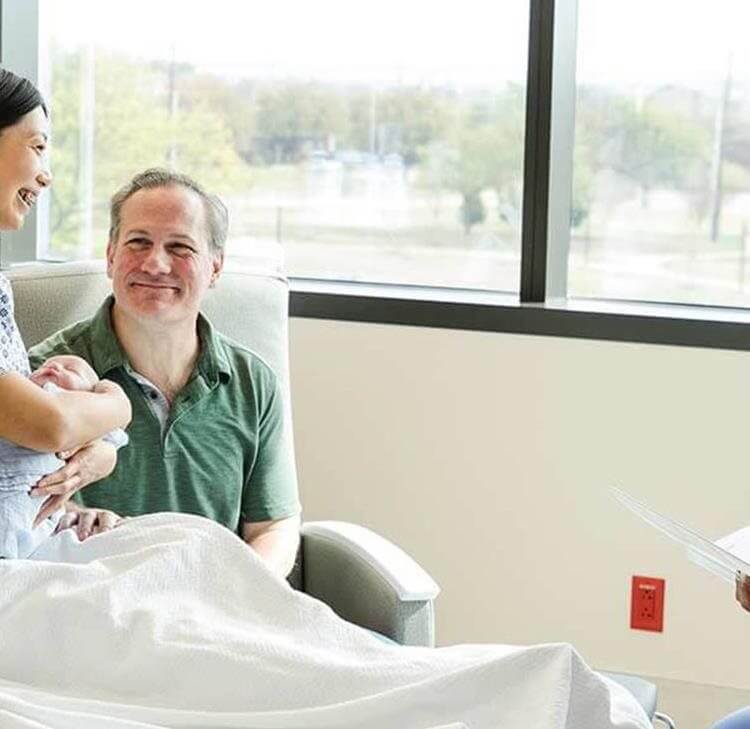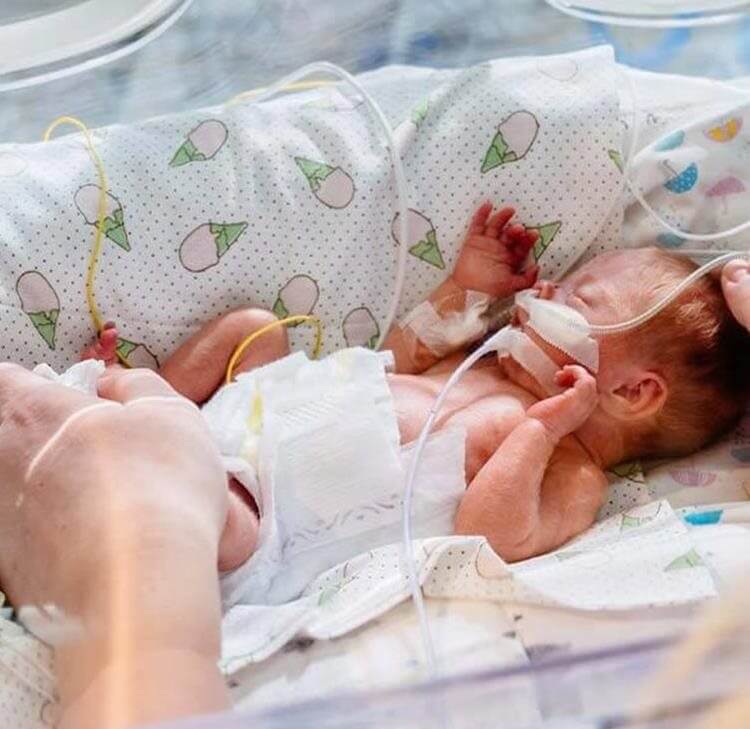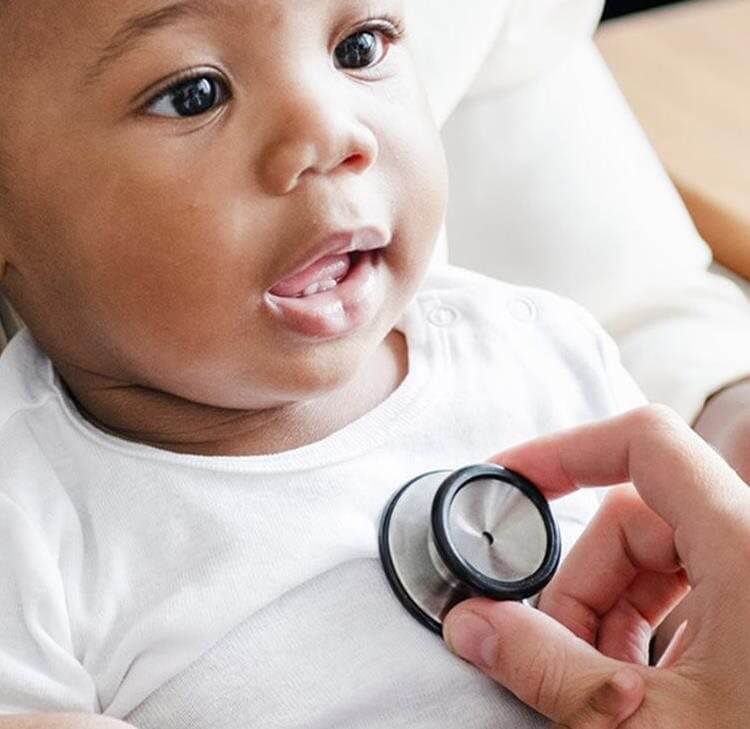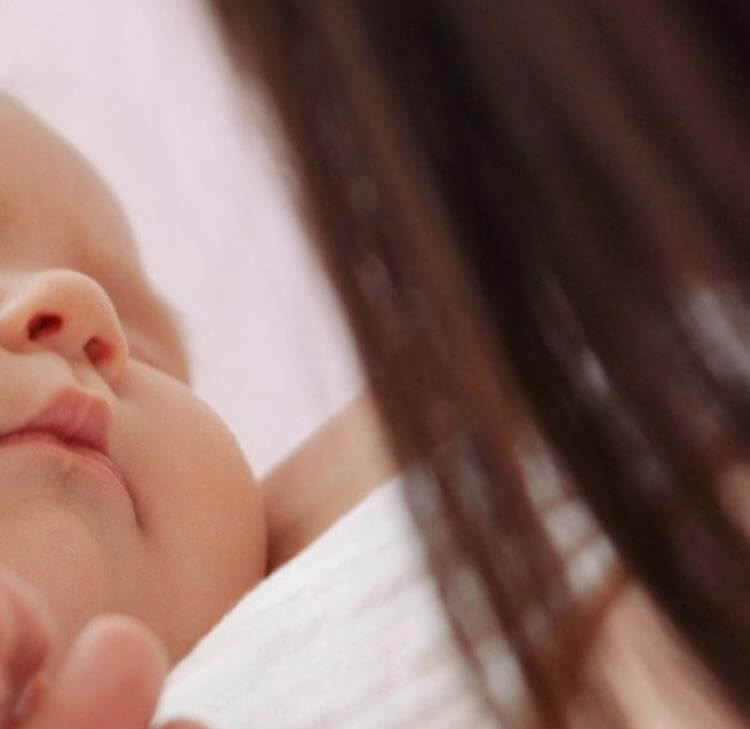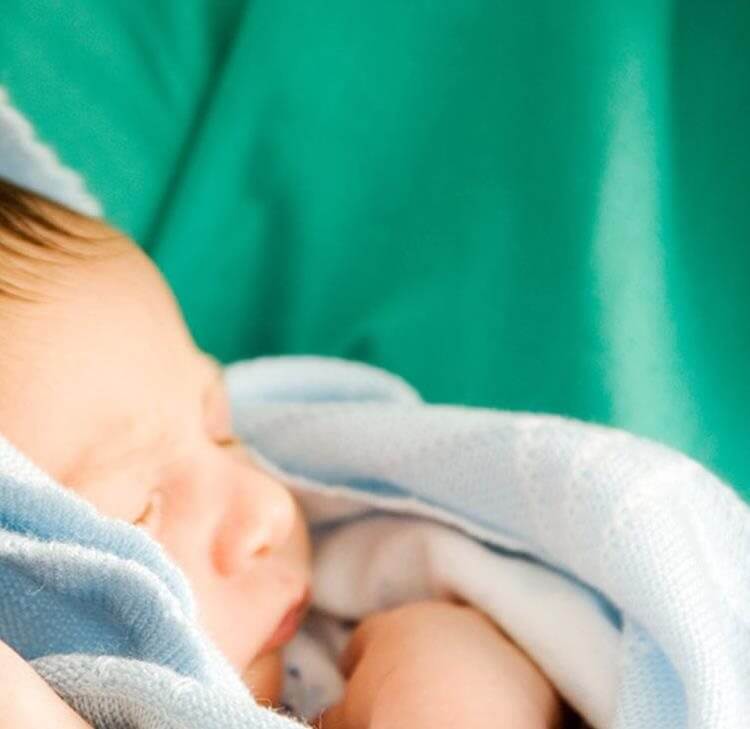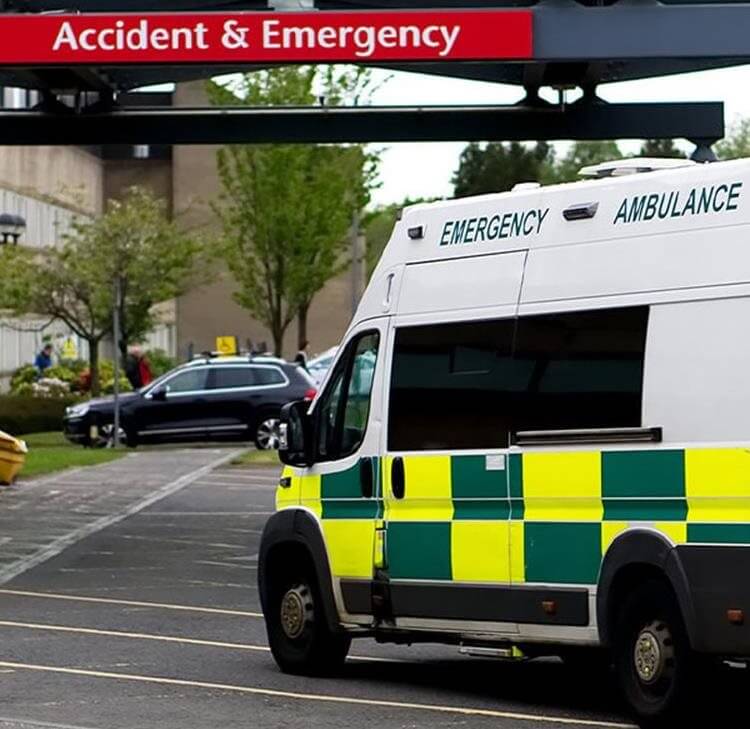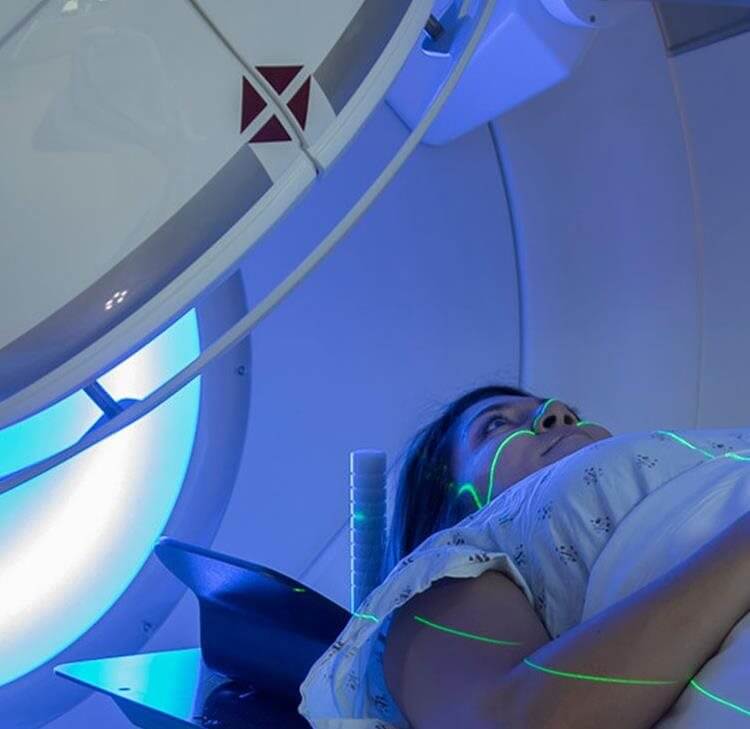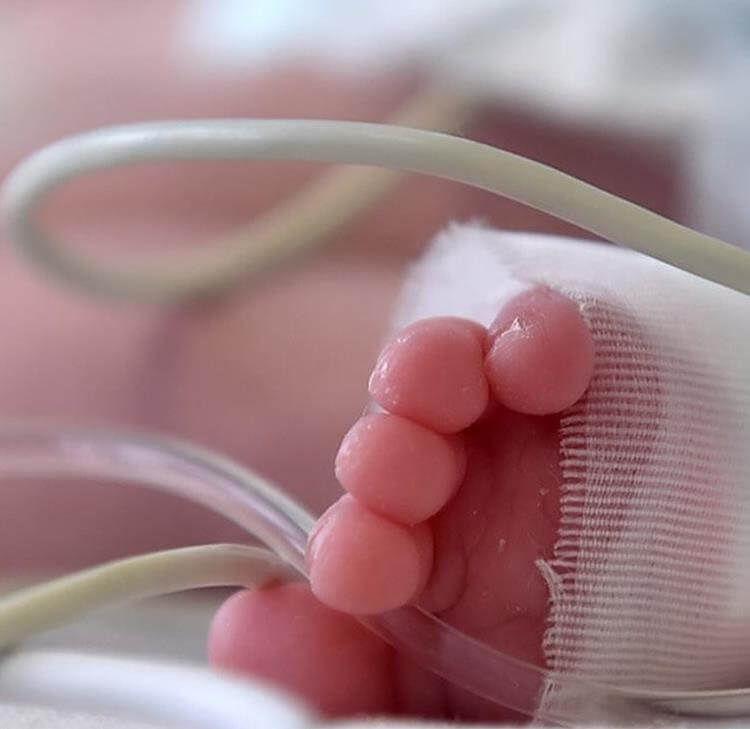Celebrating Midwives in England and Wales on International Day of the Midwife: Critical in Every Crisis.
As we mark the International Day of the Midwife, it's a perfect moment to reflect on and celebrate the incredible achievements of midwives in England and Wales. These skilled professionals don’t only provide essential care but also innovate, advocate, and educate, significantly impacting maternal and neonatal health during what are challenging times. Their critical role in every crisis underscores the theme of this year's celebration, highlighting their indispensable contributions across various challenging scenarios.
Embracing technology to enhance care
Midwives in England and Wales have had to innovate and adapt to the constraints imposed by the COVID-19 pandemic including with the integration of technology into their practice such as the rise of telehealth services and apps like Professor Doshani’s Janam app. Expectant mothers can now access vital prenatal care through a range of means maintaining continuity of care and/or addressing different communication needs. Cardiff and Vale University Health Board’s first digital midwife has received the CNO Excellence Award for her outstanding work transforming services and increasing safety for families.
Leading in education and public health initiatives
Midwives have long been at the forefront of education in maternal health, and this past year was no exception. They have played a pivotal role in leading public health initiatives aimed at improving outcomes for mothers and babies. From virtual workshops to community outreach programmes, midwives have worked tirelessly to educate families about the importance of maternal health, breastfeeding support, and newborn care, ensuring that knowledge is accessible to all. Midwives from NHS Wales Shared Services Partnership received an award for Excellence in Midwifery Education & Learning due to their work on the Community PROMPT program, which focuses on making emergency maternity care safer in the community—a clear demonstration of their critical role in educational initiatives during crises.
Focus on mental health and supportive care
Understanding the psychological impact of pregnancy and childbirth, midwives have placed a significant emphasis on mental health. They have developed and provided resources and support systems to help mothers navigate the emotional challenges associated with motherhood especially during critical times.
The Royal College of Midwives (RCM), in collaboration with other organisations, has developed resources such as the Perinatal Mental Health Toolkit to aid midwives and other healthcare professionals in providing effective mental health support to pregnant women and new mothers. This toolkit includes guidance on identifying, assessing, and managing mental health issues such as depression and anxiety during pregnancy and after birth.
Recognition and awards
The hard work and dedication of midwives have garnered well-deserved recognition and several awards over the past year. These accolades reflect their commitment to excellence and innovation in maternal and neonatal care. Celebrating these achievements not only honours individual midwives but also highlights the critical role of midwifery in healthcare. Hywel Dda University Health Board’s Maternity and Neonatal Risk and Governance Team won three awards at the UK MUM (Maternity Unit Marvels) Awards for their work in improving safety for mothers. University Hospitals of Derby and Burton NHS Foundation Trust also won awards for Providing exceptional care during complications in pregnancy and labour and Excellence in neonatal care at the UK MUM Awards.
The Royal College of Midwives Awards were held, honouring exceptional midwifery teams and individuals throughout the UK, showcasing their excellence in teamwork, evidence-based practice, and their beneficial impact on women, families, and newborns. A total of 14 awards were distributed across various categories such as maternity safety, perinatal mental health care for women, diversity and inclusion in maternity services, and teamwork. Additionally, the future leaders of UK midwifery were recognised in the student of the year category.
Conclusion
Midwives can be a beacon of hope and resilience, particularly during crises. As we celebrate the International Day of the Midwife under the theme 'Critical in Every Crisis', let us acknowledge and appreciate the profound impact these professionals have on the lives of families every day. Their dedication, innovation, and compassionate care continue to inspire and make a difference in the world of healthcare. Here's to the midwives - our unsung heroes whose achievements deserve recognition and celebration, today and every day.
As set out in Sian Brown’s article on our Maternity Hub (Celebrating maternity excellence: Highlights from the MUM Awards), we reiterate the advice that in times where difficulties with maternity services are well documented, we need to keep momentum up and share the positive work going on in the maternity space, to keep staff motivated and inspired to continue on improvement journeys. Honouring achievements through awards and public acknowledgement provides well-deserved recognition for those who go above and beyond, but it’s important to reflect on the smaller steps we can all take which can make such a difference to those working in such a challenging field. At a Trust level, this could include: Share good news stories – make these visible, talk about them, consider a maternity safety day to share amongst staff.
- Ensure you have physical resources like a coffee room for shared learning and ideas and a safe space where people feel able to talk.
- Look after staff - listen, be kind. A simple thank you goes a long way. Learn from units with good staff retention.
- Empower people to speak up with concerns, and have opportunities for staff to feedback.
- Don’t be afraid to challenge each other.
- Accept when you don’t get it right and be honest when things go wrong.
- Make a commitment to safety and improvement at all levels and work together.
- Constantly reinforce safe, ethical and respectful behaviours.
- Have time to reflect when needed.
If you need any support with any of the above please reach out to our specialist maternity team. If you would like further information regarding our services please visit our Maternity Services Resource Hub.
Discover more
Related expertise
You may be interested in
Legal Update
Transforming maternity care: National expansion of the ABC programme to protect newborns
Opinion
Maternal Mental Health Awareness 2025
Legal Update
A new chapter for families: Reflecting on the first month of the introduction of neonatal care leave
Legal Update
Celebrating midwives in England and Wales on International Day of the Midwife
Opinion
Celebrating maternity excellence
Opinion
Antenatal Screening Wales Annual Report 2022-24
Legal Update
The Generation study at UHDB: A pioneering approach to genetic healthcare
Legal Update
Improving maternity care for recent migrant women with language barriers
Legal Update
New rights to Neonatal Care Leave and Pay Act: What do employers need to know
Legal Update
Improving maternity safety: Insights from MNSI’s annual recommendation report
Legal Update
University Hospitals of Derby and Burton NHS Foundation Trust invest in telemetry to improve maternity care and patient experience in labour
Legal Update
Informed consent and caesarean birth: RCOG launches new obstetrics animation
Legal Update
MNSI annual report 2023/24: Key insights and future ambitions for maternity safety
Opinion
Enhancing care for women with ectopic pregnancies: Insights from MBRRACE-UK
Legal Update
DISCERN study published: How to improve discussions with families when things go wrong in maternity care
Opinion
Revolutionising patient care: Innovative kit for instant translation in 240 languages
Opinion
New Government plans for NHS maternity services: What can we expect?
Opinion
New online system streamlines maternity services at The University Hospitals of Derby and Burton NHS Foundation Trust
Opinion
The power of parental touch for babies undergoing painful procedures
Opinion
Newborns born outside of hospitals at higher risk of hypothermia during emergency responses
Opinion
Health Service Journal reports on growing trend of “free birthing”
Legal Update
Introduction of baby loss certificates gives recognition to millions of bereaved families in the UK
Legal Update
Chesterfield Royal Hospital ranked amongst the top Trusts nationally in the 2023 Maternity Survey
Opinion
Coronial investigations of stillbirths - summary of consultation responses
Opinion
BBC investigation finds NHS interpreting service problems contributed to baby deaths and serious brain injuries
Legal Update
The NHS Long Term Workforce Plan 2023
Legal Update
HSIB publishes 'Maternity Investigation Programme: Year in Review 2022/23'
Opinion
Racial disparities in maternity care
Opinion
University Hospital Leicester hold their inaugural Maternity Safety Conference
Opinion
Changes to redundancy protections for employees post-maternity leave
Press Release
Father Christmas comes to University Hospital Coventry and Warwickshire care of Browne Jacobson’s Birmingham Office Community Action Group
Opinion
The Patient Safety Incident Response Framework (PSIRF) and its impact on maternity services
Guide
Mediation guide for Clinicians: What do you need to know and how do you need to prepare
Opinion
Baby Loss Awareness Week
On Saturday 15 October a wave of light swept the internet when thousands of people flooded social media with pictures of candles to remember the babies that they have lost. This event signifies the end of Baby Loss Awareness Week which aims to break the silence that is associated with baby loss in pregnancy and infancy.
Opinion
The impact of COVID-19 on maternal deaths
HSIB published its report on Maternal deaths during the first wave of COVID-19. The report takes a closer look at the impact that COVID-19 had during the initial period of March to May 2020.
Legal Update
The Ockenden Final Report – a blueprint for safe maternity care from ward to Board
The much anticipated final Ockenden report was published on 30 March 2020. The final report sets out the findings of the review into care provided to 1,486 families, and sets out a blueprint for safe maternity care.
On-Demand
Maternity mock inquest - film 1
Consent is often a key issue in obstetric claims and if it is relevant to the facts of the death, its likely to be an area explored by a coroner.
On-Demand
Maternity mock inquest - film 2
This video illustrates some of the issues that can arise when a witness is poorly prepared.
On-Demand
Maternity mock inquest - film 3
This film highlights the importance of creating an open and transparent culture where staff feel able to speak up will help Trusts to identify problematic practise before significant issues arise.
Legal Update
Checklist when preparing for remote participation in an inquest hearing
Lockdown restrictions in March 2020 led to many inquest hearings being postponed. As restrictions eased, Coroners came under increasing pressure to reduce the number of delayed inquest hearings. In June 2020, the Chief Coroner issued Guidance No. 38 to facilitate remote participation in coroner’s inquests.




